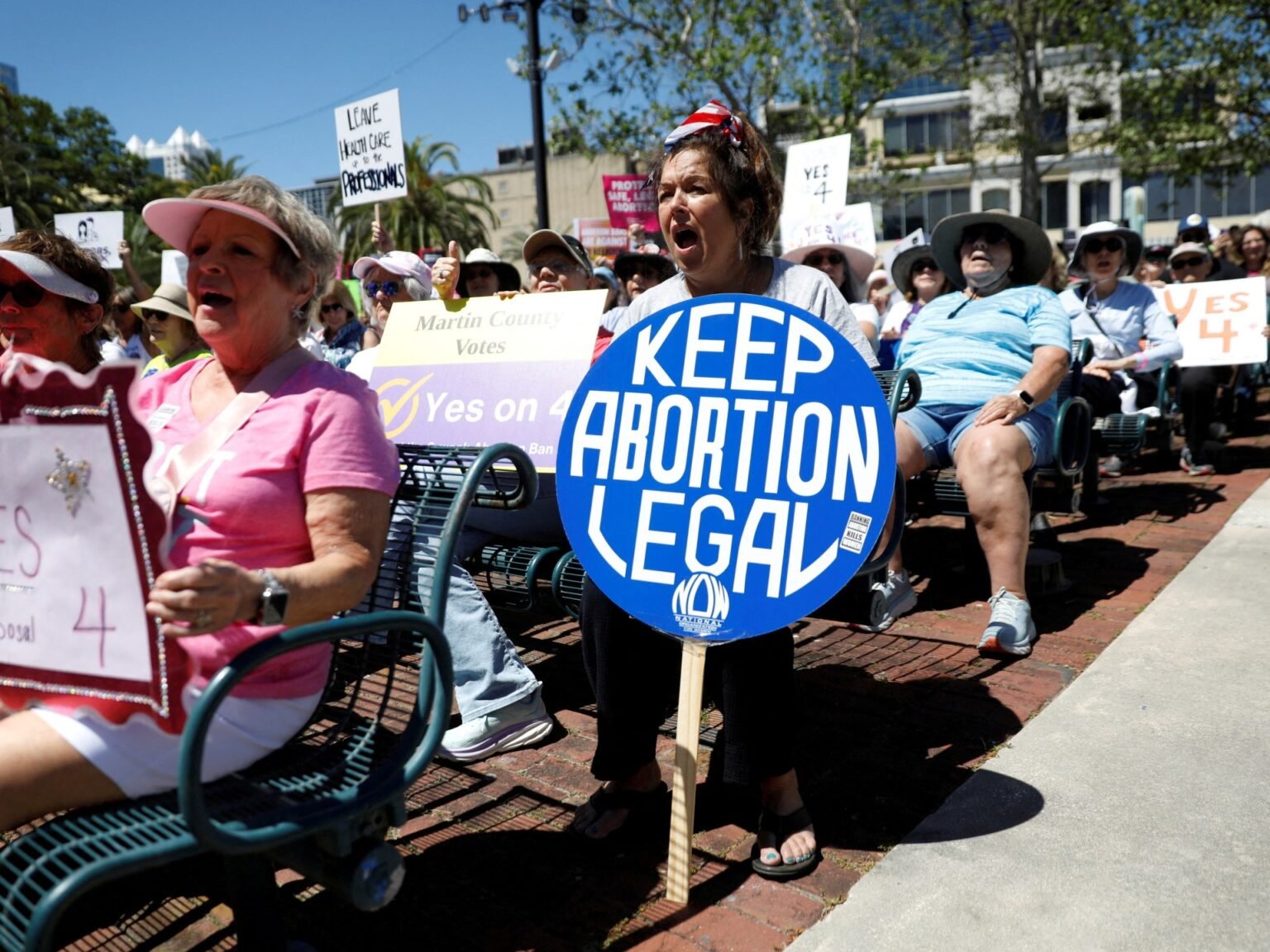In June 2022, the United States Supreme Court overturned its 1973 decision in Roe v Wade, leading to a wave of state-level initiatives to ban abortion. Presently, 21 US states impose restrictions on abortion access, resulting in significant barriers for women in obtaining safe abortions. The legal uncertainties and lengthy court cases surrounding reproductive healthcare have also impacted women who have suffered miscarriages, limiting their access to emergency medical assistance. The changing restrictions have left many healthcare workers fearful of prosecution and forced doctors to navigate difficult decisions that could jeopardize their ability to provide essential care.
Medical colleagues in the US confirm that the ever-evolving restrictions are creating a climate of fear and uncertainty, making it increasingly challenging for women to access safe abortion services. When women are denied this vital medical service, they are often forced to seek abortions outside of formal medical care, putting them at risk of serious health complications and even death. Globally, an estimated 35 million people undergo unsafe abortions each year, leading to numerous preventable complications such as infertility and chronic pain. It is crucial to recognize the importance of safe abortion care as essential healthcare to protect women’s health and well-being.
Despite setbacks in the United States, there is a global trend of progress towards expanding access to safe and legal abortion care. Over the past 30 years, more than 60 countries and territories have liberalized their abortion laws, recognizing the importance of prioritizing women’s health and rights. In countries like Benin and Sierra Leone, legislative changes have been made to address the impact of unsafe abortions on maternal mortality rates. France recently enshrined the right to abortion in its constitution, marking a significant step towards promoting women’s healthcare and bodily autonomy.
Safe abortion services play a crucial role in empowering women to make informed choices about their bodies and futures. Without access to safe abortion care, women face serious health risks and are more likely to resort to unsafe procedures. In Nepal, efforts to increase free accessibility of abortion services have led to significant reductions in maternal mortality rates since the legalization of abortion in 2002. It is imperative for governments to prioritize the health and well-being of women and girls, ensuring unrestricted access to safe abortion care to create a more just, healthy, and equitable society for all.
Medical experts and advocates for women’s rights welcome the advancements in expanding access to safe and legal abortion care globally. By following the guidance of leading medical authorities and prioritizing women’s health, governments can work towards eliminating unsafe abortions as a public health emergency. It is crucial for laws to be effective in ensuring that safe abortion services are easily accessible to all women, regardless of their circumstances. Moving forward, it is essential for governments to stop politicizing women’s bodies and instead focus on promoting women’s health and rights to create a more inclusive and equitable society for all.












